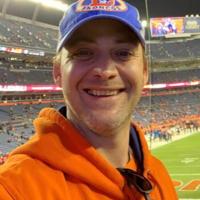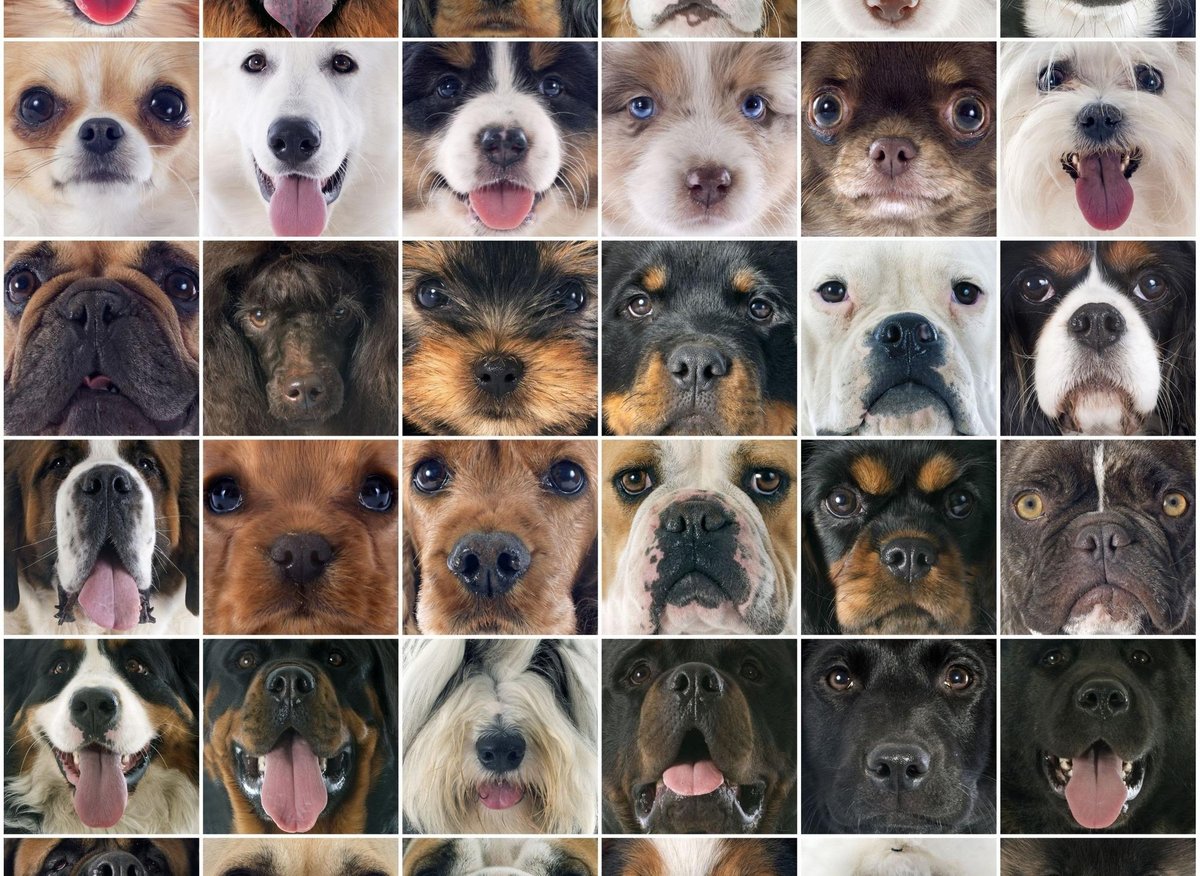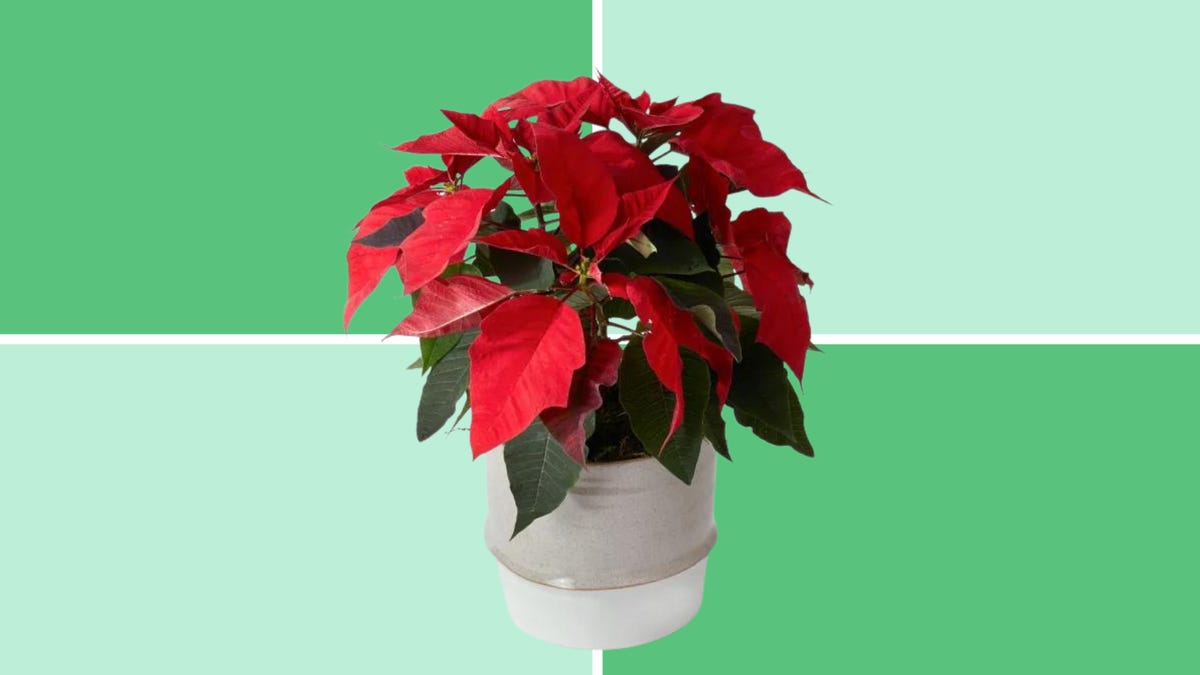LAKE CASS, Minn. – Animal neglect was such a problem on the Leech Lake Reservation in northern Minnesota, with basic services like spaying out of reach for many due to poverty and remoteness, that packs of dogs stray sometimes stopped traffic on the main highway.
Today, stray dogs are rare. Children help their elders save animals, food and pet supplies are regularly distributed throughout the community, and the main town’s first veterinary clinic, Cass Lake, is one final permit away from the grand opening.
This is all thanks to a multi-year and increasingly organized push by several members of the community to improve animal welfare which is deeply rooted in the cultural and spiritual values ​​regarding the relationship of the Ojibwe people with all living creatures.
“It helps animals, but it also uplifts people,†said Rick Haaland, who has led the efforts of fellow Ojibwa as a community outreach officer with the Leech Lake Tribal Police. “Our pets are the ones who walk with us. ”
A d
Animals are central to Ojibwa beliefs and sacred origin stories.
According to one of them, who by tradition can only be told once the snow covers the north of the country, the Creator asked the original man and his wolf to walk the earth together, and during of their journey, they have become as close as brothers. Their task accomplished, the Creator told them to follow separate paths, even though they would both be “feared, respected and misunderstood†by those who would join them later on earth.
Since dogs are the parents of the wolf, history teaches, they should be brothers to today’s indigenous peoples, honored though apart.
So things like promoting pet care and providing much needed veterinary services to the reserve nestled amid forests and lakes reinforce the Creator’s intentions for harmony between humans and animals – a value which some say has faded over the years.
“Traditionally, we were told to be grateful to animals. Cats and dogs have chosen to be with us and to comfort us. But as we were assimilated and entered deep poverty, our stories were not told. People have forgotten that we have to take care of them, â€said Elaine Fleming, who started saving animals 10 years ago after hosting a ceremony for them with prayers, songs and drumming.
A d
Now, “We are taking back our culture,” added Fleming, a Leech Lake of Ojibwe band elder and teacher at Leech Lake Tribal College.
Almost 40% of Leech Lake’s population live in poverty, making it difficult to afford routine sterilization and neutering, let alone emergency care which can cost up to hundreds of dollars per surgery.
This meant that too often injured animals would die or be abandoned, as would litters of puppies and kittens that no one could afford to care for.
Things started to change a decade ago, when the Twin Cities-based Leech Lake Legacy nonprofit began welcoming returned animals – over 9,000 to date – for adoption. elsewhere and regularly bring a visiting mobile clinic in the reservation for a low cost vet. services.
The pandemic has suffered a setback as care, particularly sterilization and sterilization, was closed for several months in 2020, according to Leech Lake Legacy founder Jenny Fitzer, and it is now difficult to get back on track.
A d
“I can’t imagine when we will be able to catch up,” she said, adding that more than 400 animals are on her waiting list and may not be fixed for a year.
But what will be a game-changer for Leech Lake will be the permanent veterinary clinic, which Haaland hopes to start construction before the winter frost and could open in the spring, supported by national animal welfare organizations as well as local fundraisers. . A vet living directly on the reserve would not only take care of routine sterilizations but also treat emergencies – currently it costs $ 500 just for a doctor to come to Cass Lake after hours, according to Haaland.
He plans to hold informative screenings in the waiting room, building on outreach programs the community is already implementing on best practices like leash and kennel to prevent pets from harming each other. .
“I don’t think people care,†said Haaland, who owns three dogs and a cat. “It’s education. It’s our way of getting out of it.
A d
Meanwhile, Haaland rescued abandoned animals and drove injured animals to distant vets, covering 27,000 miles in just one year on a new van he acquired with a grant from the Humane Society’s Pets for Life program. . At $ 115,000 this year, the grant also allowed him to work full time on animal care.
Pets for Life National Director Rachel Thompson said the communities she serves from Louisiana to Alaska face the same challenge: The structural inequalities that perpetuate poverty also put animal care beyond reach.
At the end of a recent day saving a 10-week-old cat, two kittens and two golden-haired puppies, Haaland pulled out photos on his phone of a pit bull stuck with hundreds of porcupine quills which required months of surgery and treatment, offered by a veterinary college. Fighting with porcupines can kill dogs that are not properly housed, leashed, and trained.
A d
The yard where Haaland found the pit bull had trash strewn all over it, so Haaland offered to help the owners clean up before returning the dog. When he arrived early in the morning with other tribesmen, the family had already done most of the work.
“They wanted to do better,†he said. “We are a proud people, with a chance to overcome the traumas of the past. ”
Erik Redix, Ojibwe history scholar and member of the Lac Courte Oreilles Ojibwe band, said that “animals have spirits, just like us,” and their neglect is both an affront to the spiritual imperative of treating all living things well and a symptom of wider social distress in impoverished indigenous lands.
So the renewal of animal care like the one in Leech Lake also means a revitalization of Ojibwe society, he added – “to bring us back to where it should be.” ”
___
The Associated Press’s religious coverage receives support from the Lilly Endowment via The Conversation US. The AP is solely responsible for this content.
Copyright 2021 The Associated Press. All rights reserved. This material may not be published, broadcast, rewritten or redistributed without permission.
[ad_2] Christ Yoder
Christ Yoder



